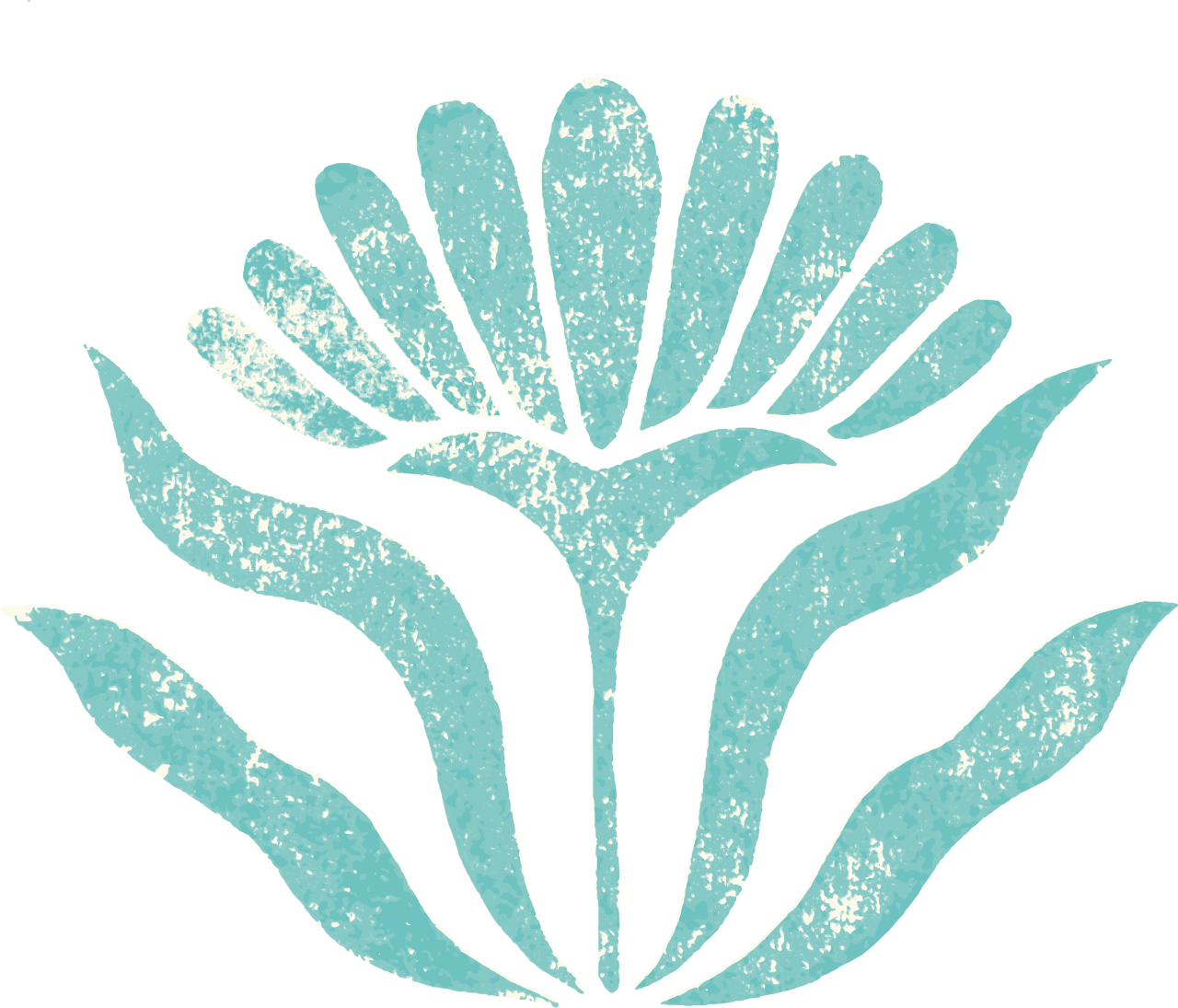Preventative medicine is key and coming into the cooler months or when something is going around, we can support our immune system to reduce the incidence of getting sick. Handy tips for keeping the whole family well in the blog.
This image is a beautiful photograph by Clare Richardson x
Read MoreFollowing on from Nutrition for Egg Quality Part 1, here we will discuss the clinical research and indications for Inositol, Vitamin E and Omega 3 Fatty Acids in relation to improving egg quality and enhancing fertility.
Read MoreEmphasis is often put on egg numbers whilst egg quality is forgotten. Certain nutrients have been shown to improve oocyte (egg) quality, often alongside assisted reproductive technology.
Key Nutrients// Part 1
-COQ10
-ZINC
-VITAMIN D
Placenta encapsulation, is there evidence to support the post-partum practice ?
Over the last few years, placenta consumption has been gaining attention from expectant mothers especially in Europe, North America and Australia. It is important that women are aware of the potential risks of placenta ingestion and understand the evidence regarding its said benefits of support.
Read MoreSomething from the kitchen to help with PCOS ?
Spearmint tea is one herbal management approach that has been shown to modulate androgen levels which are often high in PCOS. One study found that 2 cups of spearmint tea daily for one month was able to lower testosterone levels and raise luteinising hormone and follicle stimulating hormone significantly. It has also been shown to reduce hirsutism (male hair growth) a main symptom of raised androgens.
A study found that women who were iron deficient during mid-late pregnancy scored higher on the Edinburgh Postnatal Depression Scale and were significantly more likely to develop antenatal depression.
The amount of sleep we need varies depending on age but research suggests 7-9 hours of quality sleep per night is best.
So how does what we eat impact sleep?











